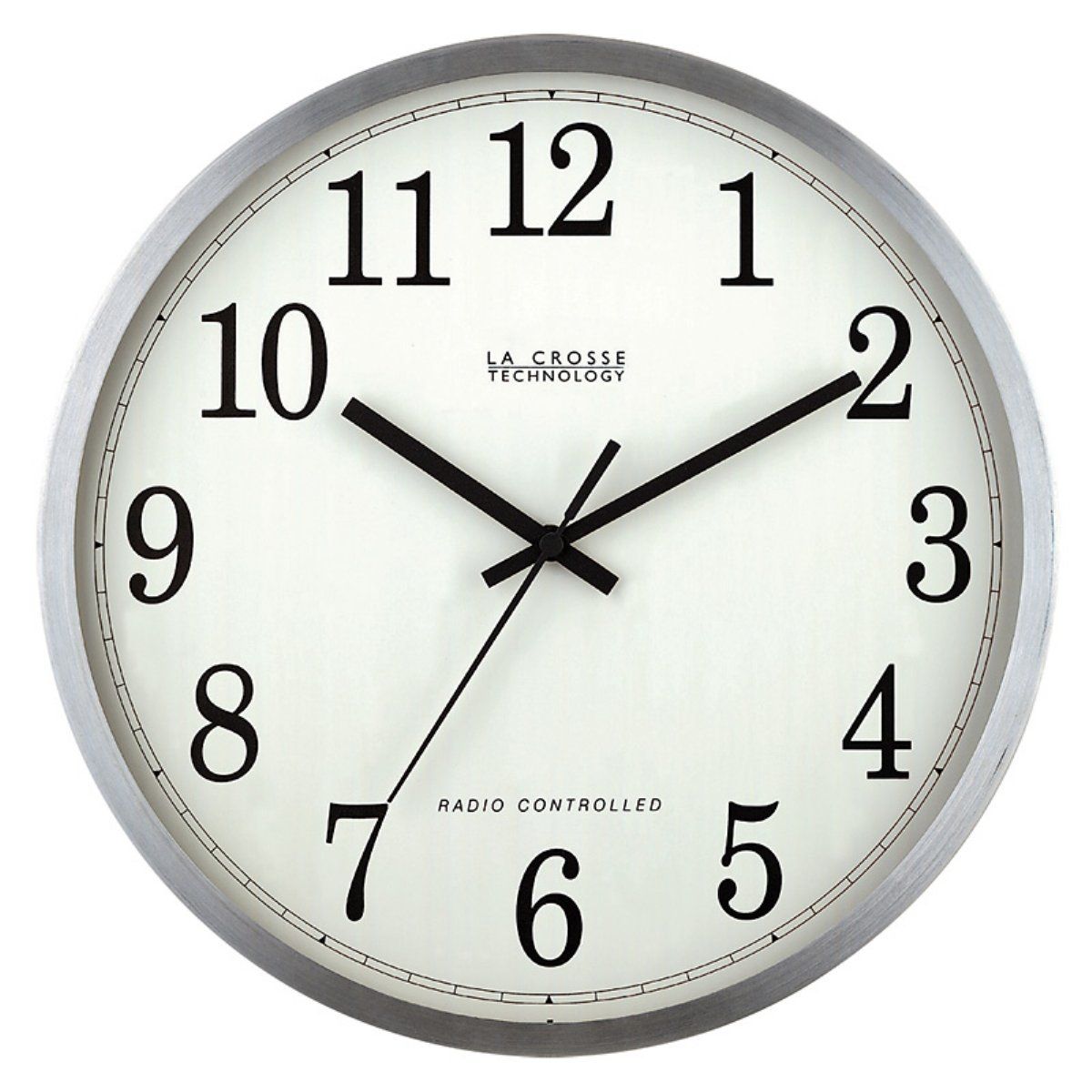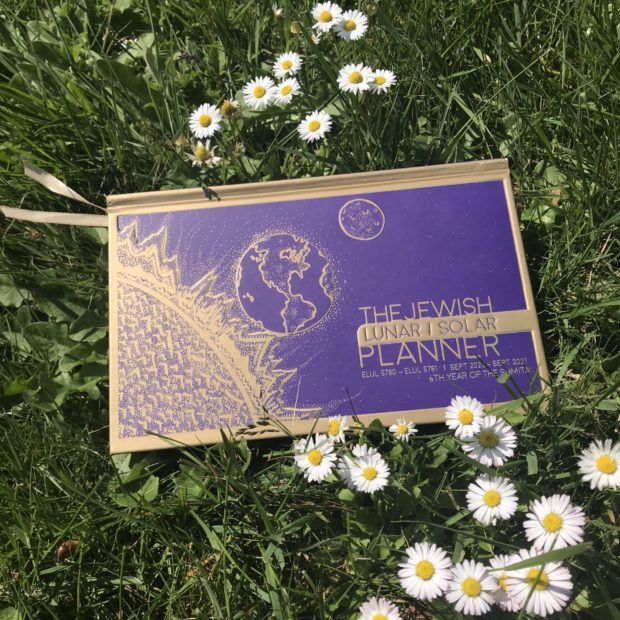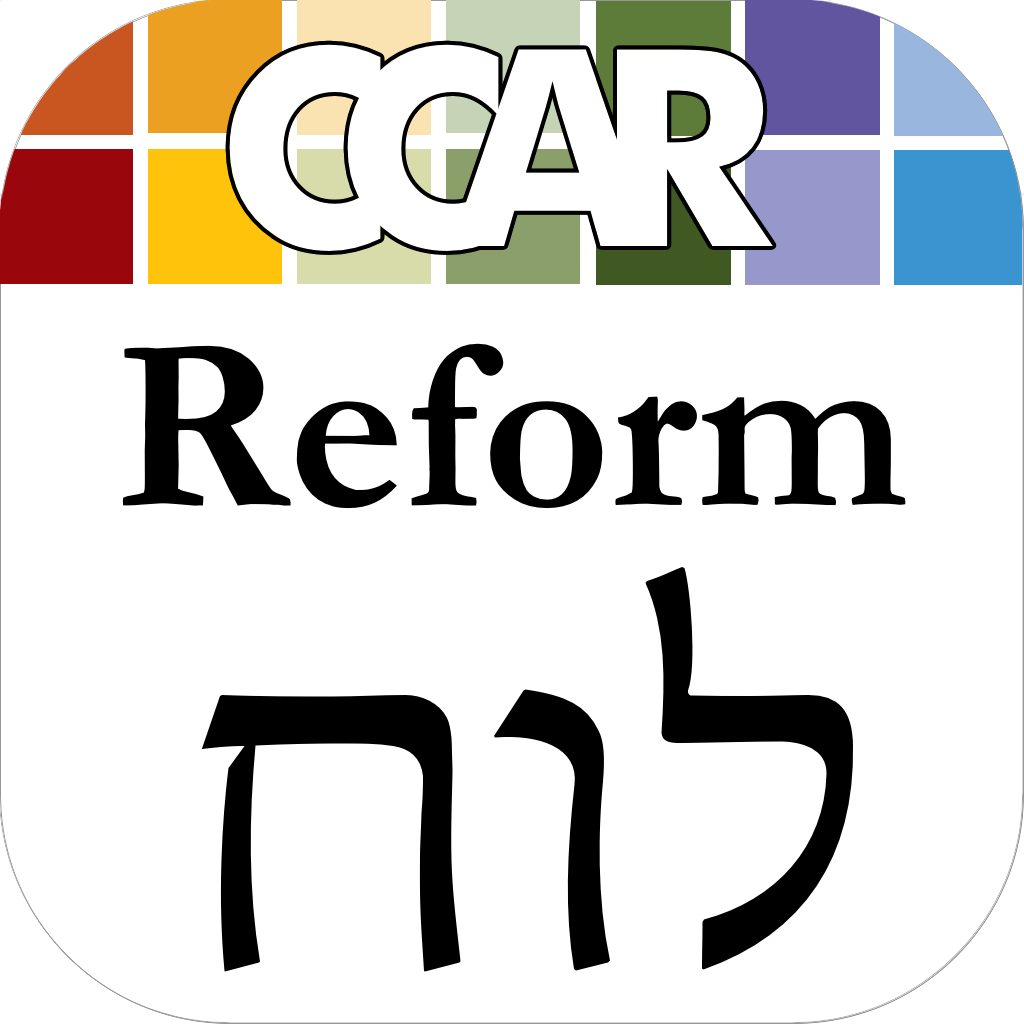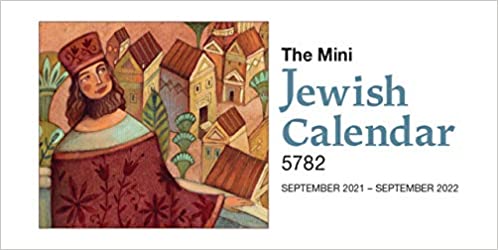Shabbat Gathering: Does anybody really know what time it is?

Dear Chevra, as is our custom, we will gather tonight at 5.45p to welcome Shabbat. These are the coordinates:
Zoom
Meeting ID: 963 5113 1550
Password: 1989
Phone: +1 312 626 6799
(To unsubscribe from the newsletter, click the link at the very bottom of this email.)
Here we go.
Remember a few years back when Chanukah and Thanksgiving overlapped? I must have heard it a hundred times, “Chanukah is so early this year.” Well... no. Chanukah, as well as all our other holy days, fall the same time every year. It’s just that you have to use a Jewish calendar to know this and most of us don’t use a Jewish calendar. This is your quick guide to our calendar in all its lunar/solar glory.
Days are kind of easy.
And there was evening and there was morning, a first day. — Genesis 1:5.
Right away in Torah, we begin to get instructions about how Jews keep track of time that's different from other cultures. For us, the day begins at sundown because that’s the way it’s explained in Genesis during the creation story. Of course, this is different from how other cultures observe the passing of the days whether they mark the beginning of the day at midnight or at dawn.
The time during the day, complicated.
Some Jews pray at specified times during the day and it isn’t as easy as looking at your watch or setting an alarm on your phone. The times for the prayers are determined by the length of the day, the time between sunrise and sunset, and the angle of the sun. This is all very complicated and because I know my audience, you probably don’t observe this element of our ritual. If you did (and I don't), you would need something called a Zmanim that performs all these complicated calculations and simply give you the right times. If you’re curious, there are a few free apps for your phone you can take a look at.
Weeks are pretty easy.
For Jews, our weeks are actually straightforward and make a lot of sense compared to the Gregorian (Christian) calendar. If we think that the first day of the week is Sunday, then the seventh day of the week, the Sabbath, is Saturday. Aside from Seventh Day Adventists, most Christians celebrate the Sabbath on the first day of the week, not the seventh as commanded in Torah. The other thing about weeks is that a different parsha (portion of the Torah) is assigned to study each week. People who study the Torah need to know which portion is assigned to each week. A Jewish calendar typically tells you this.
Months start to get harder.
Here’s where things begin to get a little tricky. The Jewish month begins at the sign of the first sliver of the new moon and lasts a full lunar cycle. In bygone days, it wasn’t always clear when that first sliver of the crescent or new Moon was actually visible, so a complicated system of signal fires was established to let everyone know a new month had begun. The beginning of the new month is called Rosh Chodesh and I’ll share more with you about Rosh Chodesh in the next newsletter when I explain its special relevance to women as we celebrate the beginning of Sivan.
The makers of The Jewish Planner have created a mnemonic to remember the names and order of the months:
This - Tishrei
Cycle - Cheshvan
Keeps - Kislev
Time, - Tevet
Shabbats, - Shvat
And - Adar
New Moons. - Nisan
It - Iyar
Shall - Sivan
Turn - Tammuz
Around - Av
Endlessly. - Elul
Exception: Leap Months.
Because our calendar is mostly a lunar calendar there needs to be adjustments to keep our calendar in line with the seasons. For example, every few years, an extra month is added to the calendar and this was one of those years. Instead of one month of Adar, we have two months of Adar: Adar and Adar 2. (Personally, I’ve always thought there was a dramatic lack of imagination in the naming the leap month Adar 2. Is that the best we can do people?) The extra month is added on a 19 year cycle with the extra month added on the years 3, 6, 8, 11, 14, 17, and 19. You really don’t have to remember that if you have a simple Jewish calendar.
Years are difficult.
The current Jewish year is 5782. We change years on the first of Elul. Legend has it that the number of the year represents the number of years since the beginning of the creation of the world. (Your mileage may vary.)
Exception: Shmita Years.
Every seven years is a Shmita year, a sabbatical year when we let the earth rest. This is a Shmita year so it is an especially good year for your own rest and restoration.
Ancient exception: Jubilee Years.
Every 49 years is a Jubilee year (seven times seven years). Jubilee years have not been observed for a long time so you don’t have to worry about that.

Get a Luach, for heaven's sake.
OK, so that’s a lot to keep track of. Fortunately, there’s an easy way to keep track of all this: a Luach. A Luach is a Jewish calendar. They come in all shapes and sizes, including free applications for your smartphone and the indispensable HebCal on the web. Besides letting you know when the holidays are, a Luach can help you keep track of the weekly parsha, yahrtzeits, and birthdays. One smartphone app I can recommend based on personal experience is published by the Reform movement. As for a paper-based calendar, I can recommend The Jewish Planner by GoldHerring. (GoldHerring is also the publisher of The Omer Workbook I recommended a few weeks back.) It's the wrong time of year to buy The Jewish Planner, but you can put it on your list of things to do for the new year.

I know that keeping track of two calendars is twice the effort of one, but I find that knowing where I am in the Jewish calendar makes me feel better connected with the cycle of our Jewish life, our holidays, and the seasons. I feel that I’m more connected with my faith. And, I believe this is important because it reminds me of my separation from the dominate culture we live in. We live in diaspora, and that's important for my understanding of where I am and who I am. We live in a culture that measures time from the birth of Jesus, and that’s not for me. When we are confused about when our Jewish holidays are or how they move around, we’ve become separated from our own culture and that’s a shame isn’t it?

I keep several Luachs around me, a small paper one in my planner, The Jewish Planner to center me in the Jewish calendar, and one on my smartphone that makes it very handy for me. I know I might be a bit over-the-top about this, and I know it took me several years to become this way after taking many small steps, and I know it’s made a big difference in how I am Jewish.
And may it be for you a blessing.
See you tonight!
All my love,
brian.